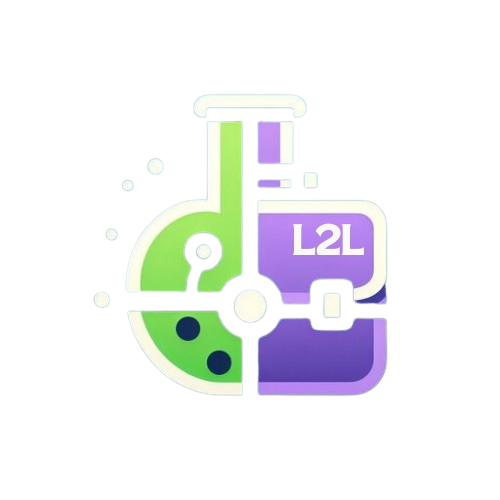Medical Law
From Courtrooms to Clinics Introduction to Medical Law
Written by Maria Bilat
February 3rd, 2025
Introduction
Welcome back to the Lab2Life articles page! We’re thrilled to have you here as we kick off a brand-new theme for the month. This time, we’ll be diving into the fascinating world of Medical Law and exploring how healthcare, ethics, and the legal system intersect in this one-of-a-kind field. From medical malpractice cases to ethical dilemmas in medicine, we’ll be exploring all of these topics in the coming weeks — so make sure you stay tuned!
What is Medical Law?
Medical Law, often referred to as Health Law, is an interdisciplinary field of law that focuses on the legislative, executive, and judicial rules and regulations that govern the healthcare industry¹ it oversees:
- The rights of patients
- The responsibilities of doctors
- The policies that shape healthcare systems
Health lawyers work on a wide range of cases and policies, covering topics such as:
- Informed consent
- Confidentiality
- Ethical dilemmas in patient care
- Medical malpractice
- Food and drug safety²
With the emergence of artificial intelligence and other new technologies in healthcare, the demand for medical law expertise continues to grow as we navigate the legal and ethical complexities of these advancements³.
Career Options in Medical Law
Medical law is a broad and dynamic field, offering career paths across litigation, policy, and regulation. Here are a few examples:
Medical Malpractice Lawyer
- Handles cases of improper care by healthcare providers such as doctors, nurses, or dentists.
Regulatory Specialist
- Assesses medical facility protocols and revises them to comply with laws at local, state, and federal levels⁴.
Pharmaceutical & Medical Device Lawyer
- Manages lawsuits involving defective drugs, devices, or instruments.
Public Health Lawyer
- Advises governments, businesses, and agencies on public health issues such as vaccination laws, pandemic policies, and healthcare access⁵.
Education Pathway
Educational requirements vary by specialization, but a typical pathway for a Medical Lawyer includes:
4-year undergraduate degree in a medical-related field
(e.g., biology, biotechnology, pharmacology, or health sciences)4-year Juris Doctor degree
2-year postgraduate degree in Health Law
(e.g., Master of Laws in Health Law at the University of Ottawa)⁶
Conclusion
Medical law is an exciting and ever-evolving field that plays a crucial role in shaping the future of healthcare. Whether your passion lies in defending patient rights or shaping healthcare policy, there are countless opportunities to make a meaningful impact in this field. If you’re driven by justice and healthcare, this could be the career path you’ve been searching for. Over the next few weeks, we’ll explore specific medical law careers in more detail, so be sure to check back!
Footnotes
- Georgetown Law. Health Law
- Harvard Law School (2012) Health Law: A Career Guide
- University of Toronto – Faculty of Law. Career Explorer
- Indeed (2024) 11 Jobs in Medical Law (With Salaries and Primary Duties)
- MPH Online. What does a public health attorney do?
- Canadian Lawyer (2014) How to break into the field of health law
